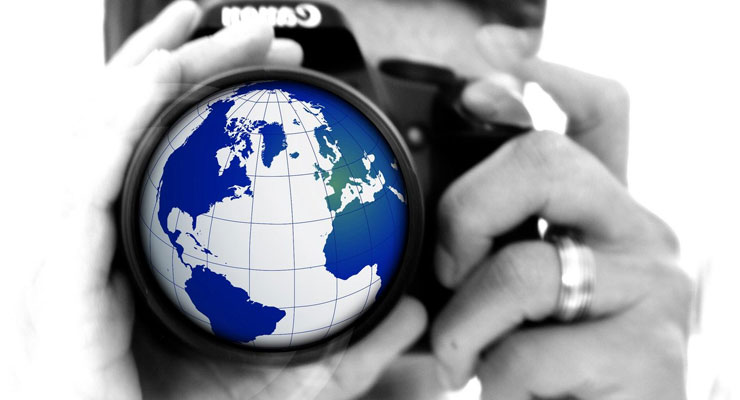
A great program was recently held at the National Endowment for Democracy:
A key feature of global kleptocracy is that kleptocrats—whether corrupt officials, organized crime figures, or somewhere in between—have to move money around because often the places where they earn, make, or steal the money are not necessarily the places where they want to keep it. They have to move the money out and put it somewhere like London, New York, Miami, or an offshore jurisdiction where they can keep it safe, invest it in real estate, and keep it away from the people who might try to take it back. Moving money around is a key part of this whole network. The Troika Laundromat is an example of how that money is moved.
Troika Dialog was a very large Russian investment bank that no longer exists. Employees of the bank set up a system to allow clients to easily move money out of the country. The bank basically facilitated this by setting up a network of offshore companies that all held bank accounts in Ukio Bankas in Lithuania. When clients requested money transfers, the system would send the money into this network of offshore companies, where it would be chopped, diced, and sent around to these various nodes. The money would then exit at some other point and go out into the world. Through this mechanism, the money’s origin is obscured.
When large amounts of money are transferred between different bank accounts, clients are required to provide a reason to explain the purpose of the transfer. In transfers that were directed by Troika, bank employees would provide fictitious trade deals, equipment purchases, and other falsified justifications, so that the bank the offshore companies used wouldn’t flag it as suspicious. The companies sending the money around were shells—they don’t do any business, they don’t manufacture anything, and they don’t provide services. They existed to trick the compliance departments of the banks the offshore companies used to allow clients to move money around.
See full story here.
Leave a Reply